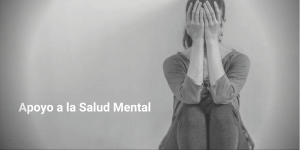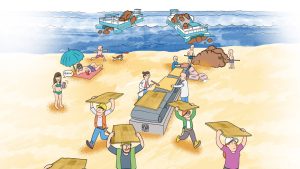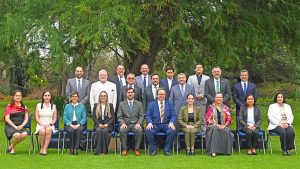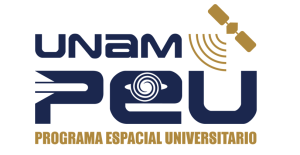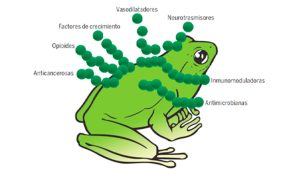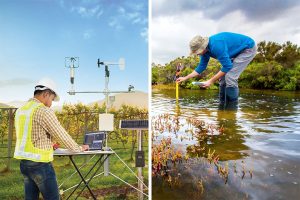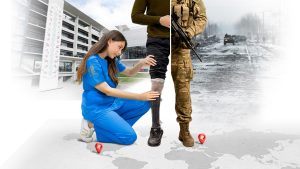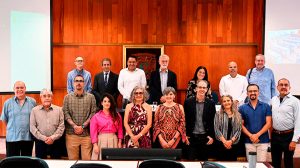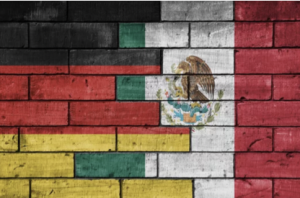Global UNAM Weekly News NL21
APPLICATIONS OPEN FOR UNAM ONLINE HIGH SCHOOL
The Open University and Distance Education Coordination (CUAED) and the Institute for Mexicans Abroad are pleased to announce the opening of the 2025-II application period for UNAM’s Online High School Program (B@UNAM), an initiative designed to provide high-quality secondary education to Mexicans and Spanish speakers abroad.
Since its establishment in 2007, B@UNAM has empowered 1,592 students to complete their high school education through this flexible learning model.
AI in Language Teaching: Global Experts Discuss Its Impact
At the Second International Colloquium on “Uses of AI in Language and Culture Teaching,” specialists from various countries explored the impact of artificial intelligence (AI) on language education, addressing its limitations and the ethical standards required for its use in academic environments.
Anel Pérez Martínez, Director of CEPE, emphasized that while companies often develop these tools for commercial purposes, their use in universities should focus on academic and educational objectives, fostering critical thinking rather than catering to market-driven interests.
Migrants in Crisis: UNAM Provides Emotional and Legal Aid
The migration experience often entails profound emotional challenges, including anxiety, depression, and post-traumatic stress, as noted by María Elena Medina-Mora Icaza, Coordinator of the Mental Health Department at UNAM’s Acción Migrante.
This digital tool, developed in collaboration with various agencies, offers legal and psychological assistance to individuals affected by recent immigration policies.
PAHO Director Urges Stronger Primary Healthcare in the Americas
Jarbas Barbosa da Silva, Director of the Pan American Health Organization (PAHO), said the Americas need a more efficient primary healthcare system to tackle prevalent health issues such as hypertension, diabetes, and cancer.
Speaking at UNAM’s School of Medicine, Barbosa emphasized the need to ensure that primary care physicians are adequately equipped to provide accurate diagnoses and effective treatments.
New “Sargapanel” Turns Sargassum into a Building Material
Every year, tons of sargassum invade Caribbean beaches, disrupting tourism and harming the ecosystem. To repurpose this material, a team of UNAM researchers, led by Miriam Estévez González, has developed Sargapanel, an innovative construction panel made from gypsum and dried sargassum.
The project aims to provide a large-scale, sustainable solution to mitigate the environmental impact of this macroalgae.


